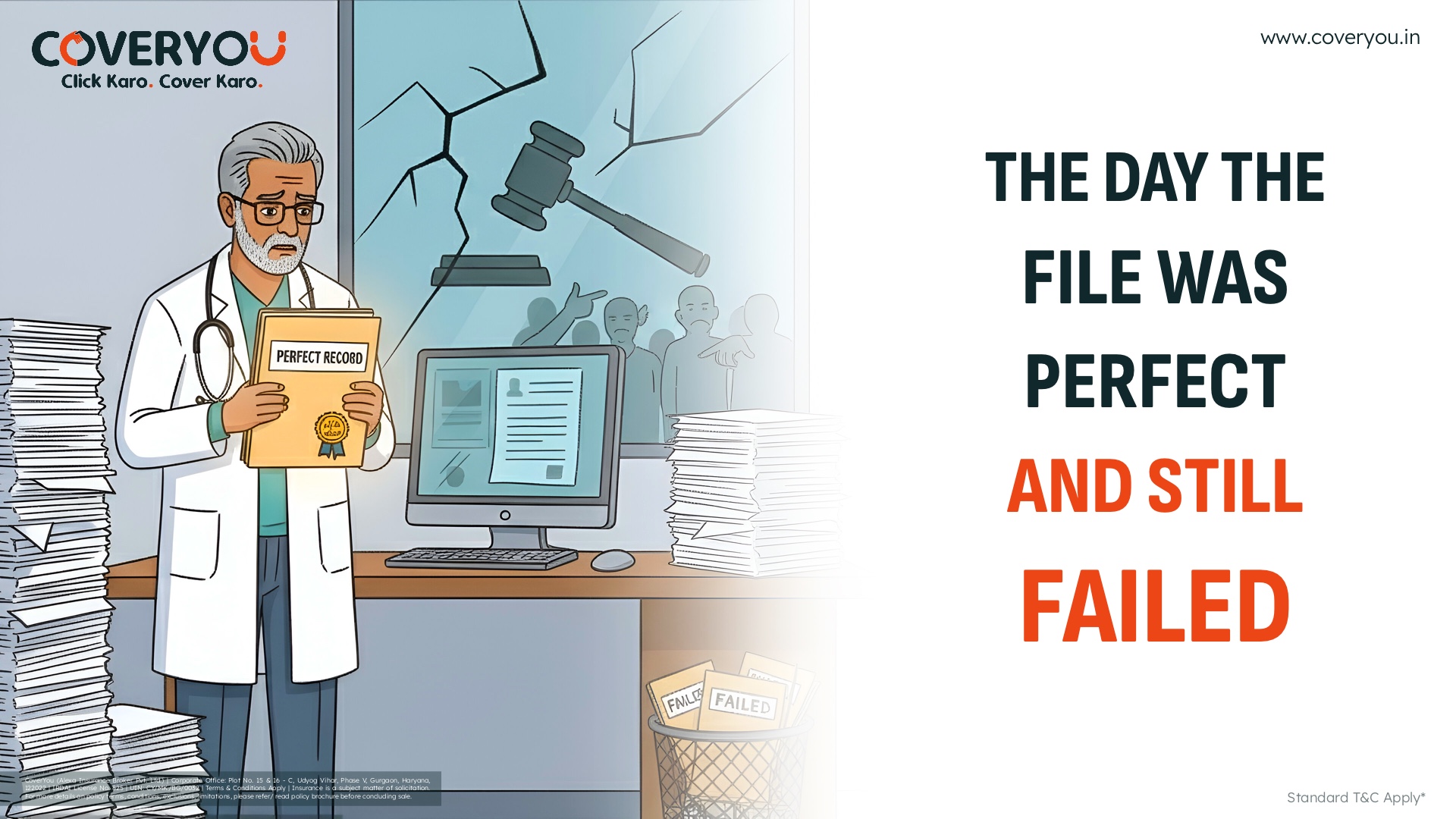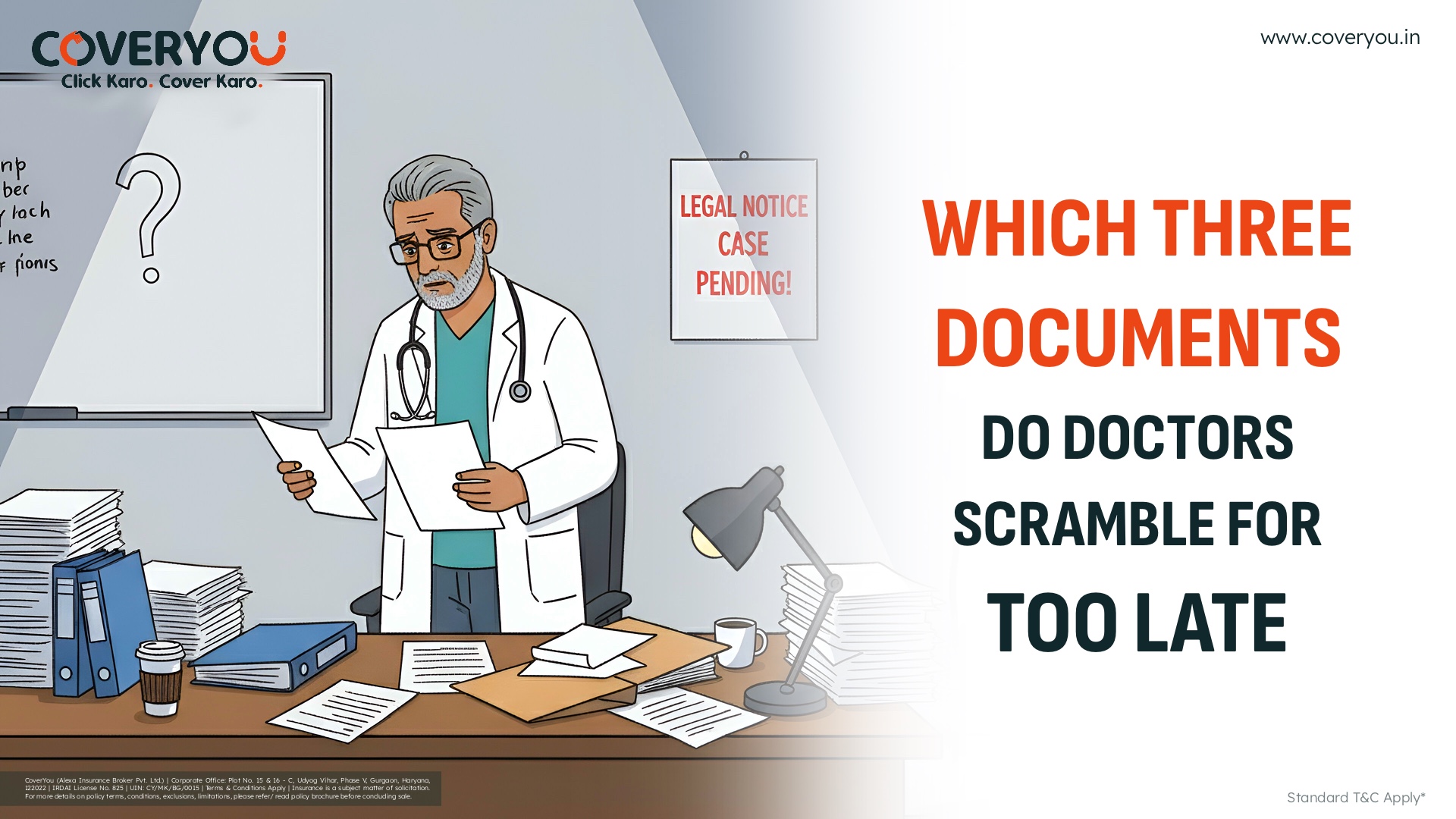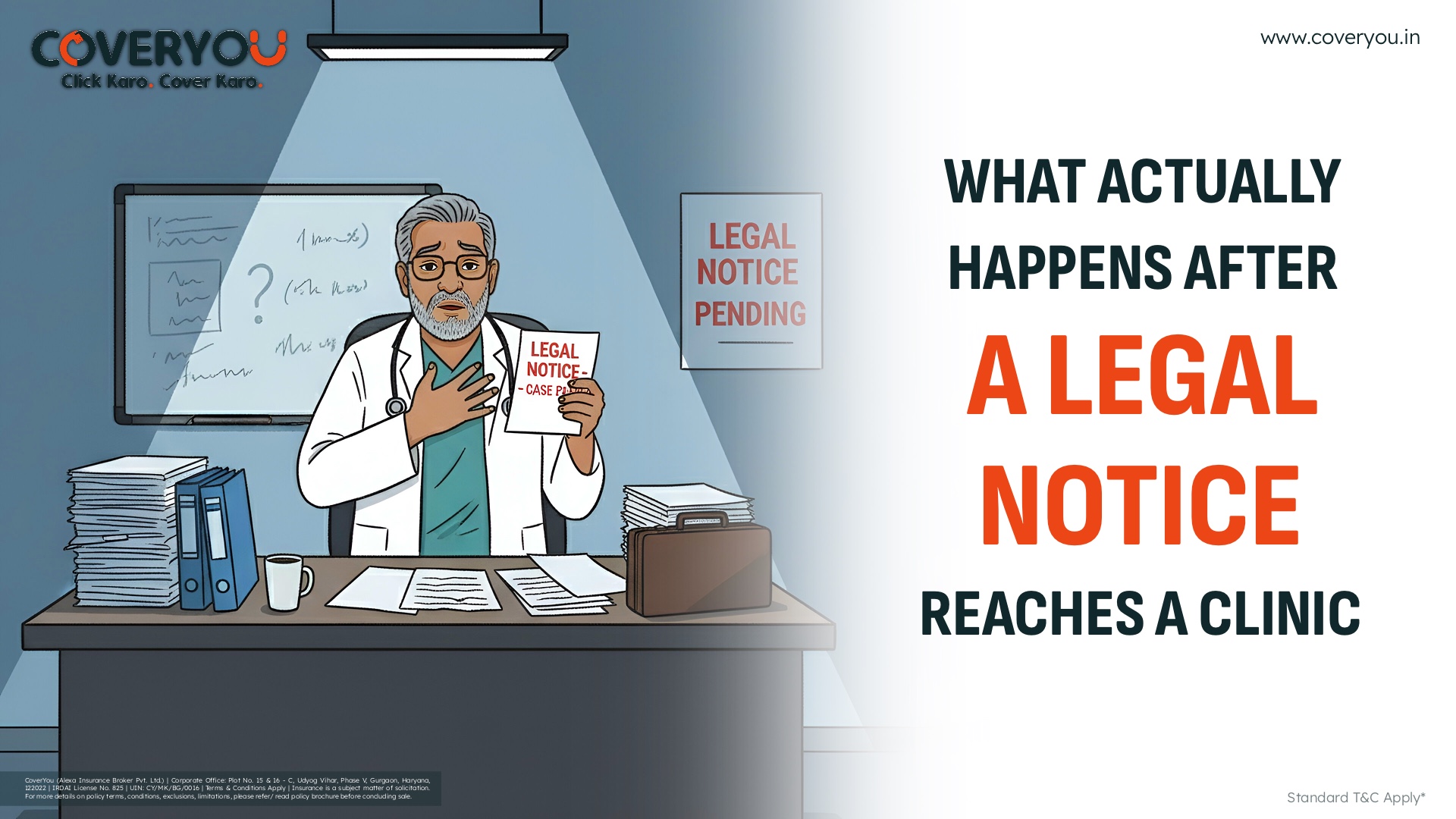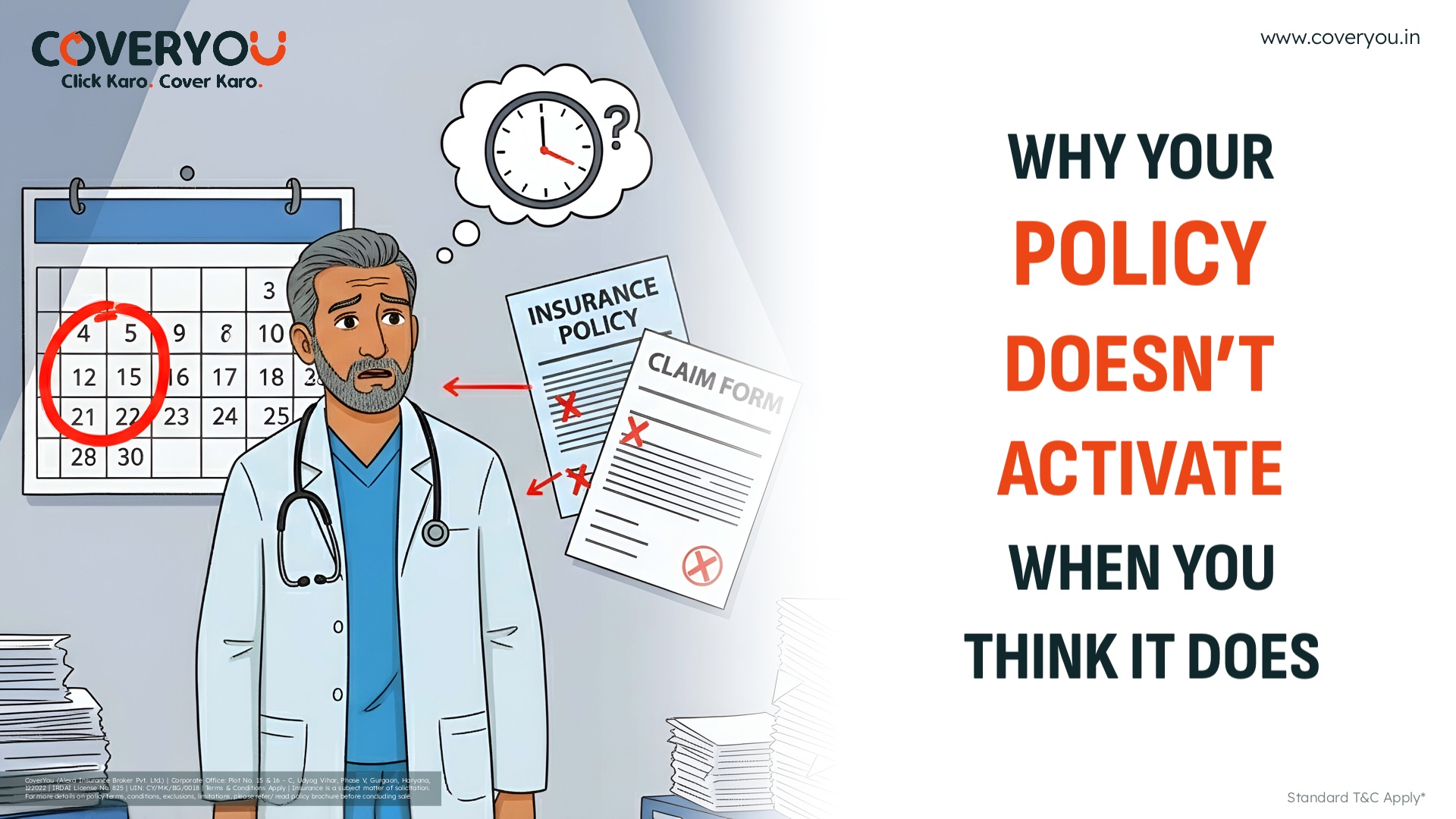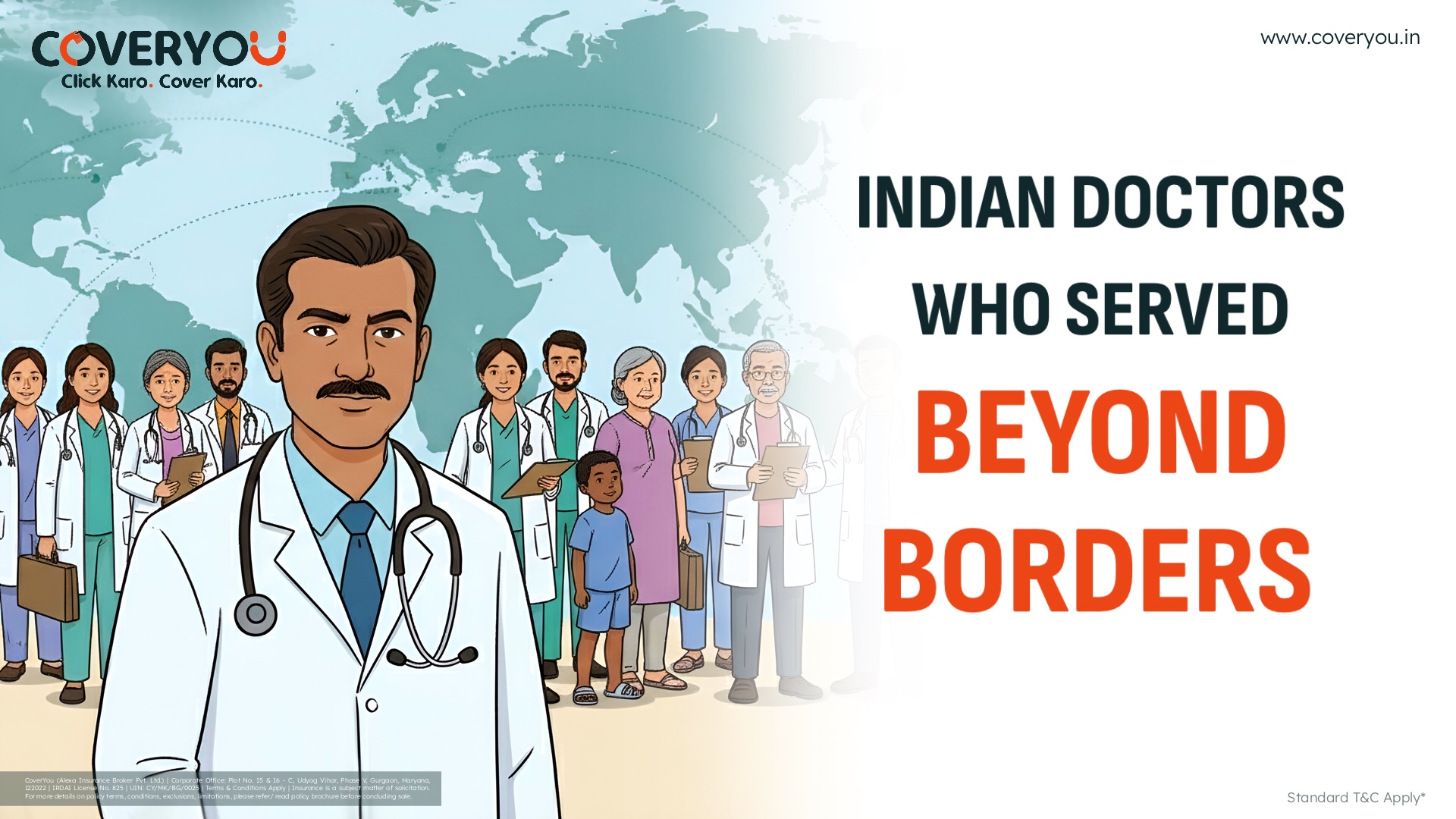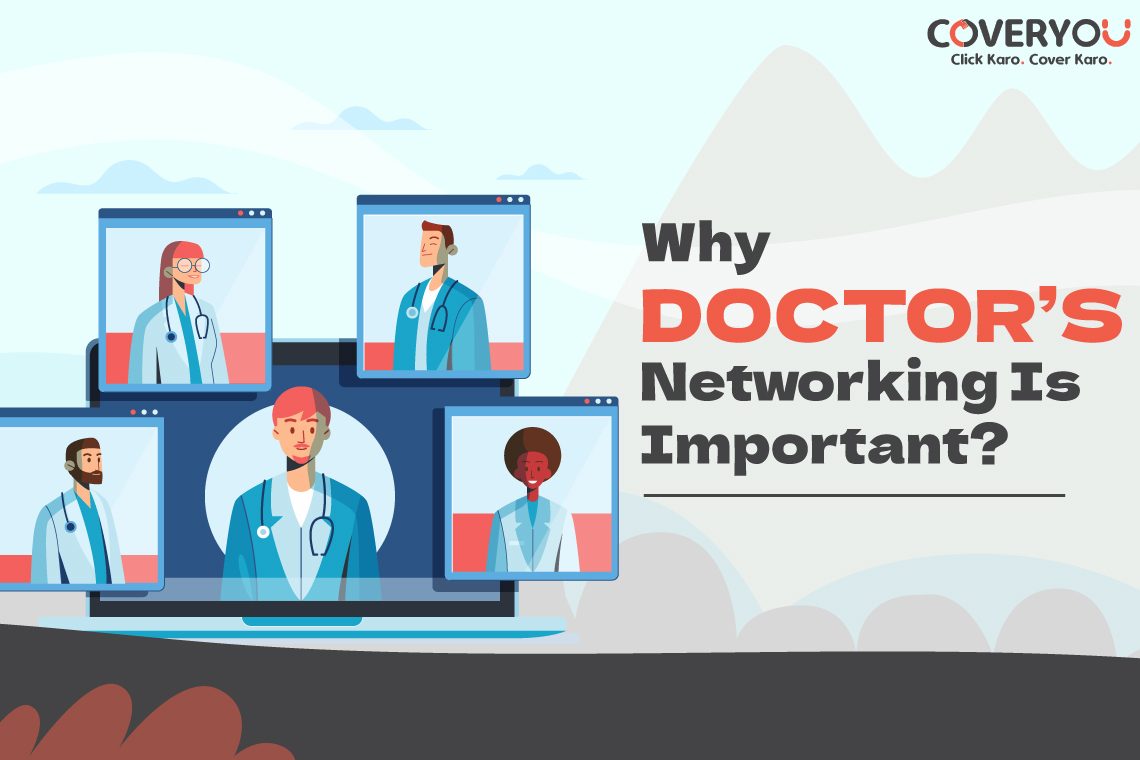The journey to becoming a doctor is fraught with challenges, triumphs, and a myriad of concerns that often go unspoken. While the white coat symbolizes trust and expertise, it also comes with significant responsibilities and pressures. Here, we address some of the common concerns doctors face and provide insights on how to navigate them effectively.
Balancing Professional and Personal Life
One of the primary concerns for doctors is achieving a balance between their demanding careers and personal lives. The long hours, emergency calls, and high-stress environments can take a toll on personal relationships and mental health.
Tips to Maintain Balance:
- Set Boundaries: Establish clear boundaries between work and personal time to ensure you have time to recharge.
- Schedule Personal Time: Plan regular activities and time with loved ones to maintain your personal connections.
- Seek Support: Don’t hesitate to seek support from family, friends, or professional counsellors when needed.
Dealing with Burnout
Burnout is a pervasive issue in the medical profession, characterized by emotional exhaustion, depersonalization, and a sense of reduced accomplishment. As per the survey by NCBI, The study found high levels of burnout among the participants, with 45.02% scoring high on emotional exhaustion, 65.98% on depersonalization, and 87.14% scoring low on personal accomplishment. Additionally, the participants reported high levels of overload, lack of development, and neglect, as well as low satisfaction with financial compensation. These findings indicate widespread burnout among the population studied.
Strategies to Combat Burnout:
- Self-Care: Prioritize self-care practices such as exercise, hobbies, and relaxation techniques.
- Recognize and acknowledge your stress levels: It’s important to reflect on how you are feeling and admit that you are finding it difficult to cope. Ignoring stress can make matters worse, so it’s essential to accept it.
- Focus on making changes that can have a real impact: Instead of dwelling on things that you can’t change, look for small adjustments that can make a big difference. Consider discussing with your supervisor and colleagues to identify areas where simple changes can be implemented to reduce administrative tasks. If all else fails, you may want to explore options such as reducing work hours or cutting back on extra work-related commitments. To care for patients, you need to be in good mental and physical health.
Navigating Ethical Dilemmas
Doctors frequently face ethical dilemmas that require careful consideration and balance between patient autonomy, beneficence, non-maleficence, and justice.
Approaches to Ethical Decision-Making:
- Ethics Training: Engage in ongoing ethics training and discussions to stay informed about ethical principles and cases.
- Consult Colleagues: Discuss challenging cases with colleagues or an ethics committee to gain different perspectives.
- Patient-Centered Approach: Always prioritize the patient’s best interests and involve them in decision-making whenever possible.
Keeping Up with Medical & Career Advancement:
The medical field is continually evolving with new research, treatments, and technologies. Staying updated can be overwhelming but is crucial for providing the best care. Concerns about career progression and opportunities for advancement are common among doctors, especially those in the early stages of their careers.
Ways to Stay Updated:
- Continued Education: Participate in continuing medical education (CME) programs and attend medical conferences.
- Professional Journals: Subscribe to and regularly read reputable medical journals.
- Online Resources: Utilize online platforms and resources for the latest medical information and research.
- Professional Development: Engage in ongoing professional development through certifications, fellowships, and specializations.
- Networking: Build a professional network through conferences, medical associations, and social media.
- Mentorship: Seek out mentors who can provide guidance, support, and opportunities for growth.
Financial Management
Managing finances, including student loan debt, living expenses, and planning for the future, is a significant concern for many doctors.
Financial Management Tips:
-
- Budgeting: Create and adhere to a budget that considers all your income and expenses.
- Financial Advice: Seek advice from financial advisors who specialize in working with medical professionals.
- Loan Repayment Programs: Explore loan repayment and forgiveness programs available to healthcare professionals.
- Investment: Financial planning is the key to a secure & better future & investment can play a pivotal role in shaping a better future. Investing in real estate & healthcare stocks is common among healthcare professionals.
Medical Negligence:
As per Forbes’ report, one in three healthcare providers is sued for malpractice or negligence claims. However, only 15% of negligence claims are genuine, which shows the impact it could have on the doctor who gets falsely accused. Medical negligence is a huge issue for doctors as well as for patients. Medical negligence can have substantial financial ramifications for doctors. Being accused of or held liable for medical negligence can result in expensive legal proceedings, including legal fees and court settlements. This issue not only affects healthcare providers financially but also tarnishes their reputation and leads to mental exhaustion.
Tips to protect yourself against negligence claims.
-
- Professional Indemnity – Always opt for a customized professional indemnity insurance plan for ex-CoverYou’s indemnity plan always provides better and comprehensive coverage which acts as a shield against negligence claims.
- Maintain Detailed Documentation: It is essential to keep thorough and accurate records of all interactions, decisions, and procedures. Always have the consent of the patient or family before operating.
- Adhere to Established Protocols & Medical Laws: Be aware of the updated medico-legal laws & always adhere to them. Strictly following recognized guidelines and best practices is crucial for ensuring compliance and quality of care.
- Join the Community: In the community or through doctors’ networking, you can get access to a community of people who share your ideas, problems & concerns about your profession. You will be updated with the latest medical news, can share your thoughts & opinions & collaborate with your peers.
- Stay Updated: Continuously expand your knowledge and skills to align with the latest industry standards and developments.
- Clear Communication: Effectively articulate instructions and expectations to ensure mutual understanding and avoid misconceptions.
CoverYou: Comprehensive Support for Your Medical Journey
Addressing these concerns effectively can significantly enhance your career and personal life. To support you on this journey, CoverYou offers a range of tailored insurance solutions designed specifically for healthcare professionals. From malpractice insurance to personal health coverage, CoverYou ensures you are protected against the unexpected, allowing you to focus on your passion for medicine. With CoverYou, you have a partner who understands your unique challenges and provides the security you need to thrive.
By acknowledging and addressing these concerns, doctors can navigate their medical journey with greater confidence and resilience. Remember, behind the white coat is a dedicated and compassionate individual who deserves support and care as much as the patients they serve.
Source:
https://www.ncbi.nlm.nih.gov/pmc/articles/PMC5101402/
https://www.forbes.com/advisor/legal/personal-injury/medical-malpractice-statistics/

